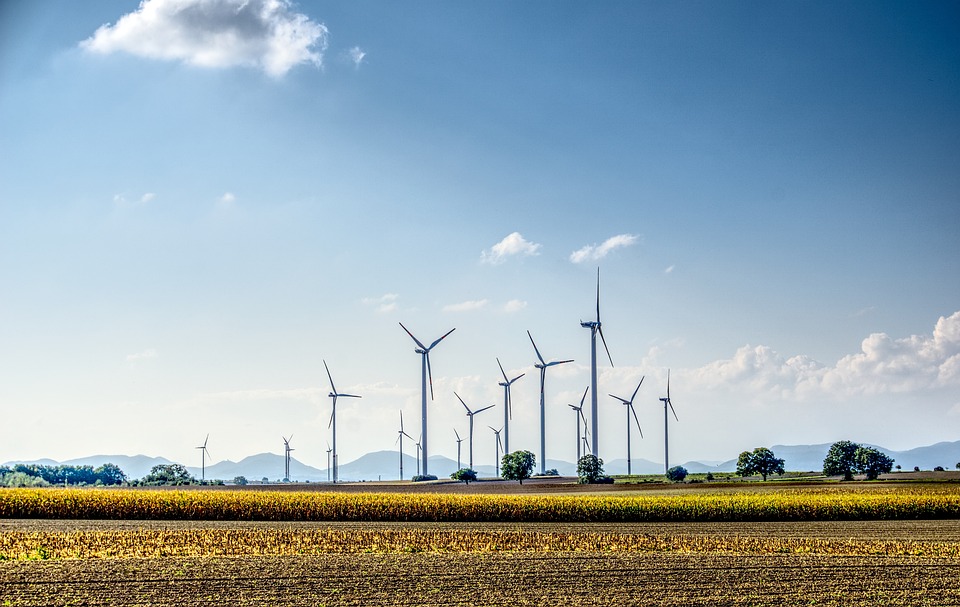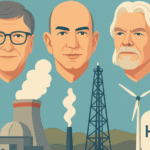Introduction
In today’s world, energy consumption is a pressing concern. With the increasing demand for energy and the growing awareness of climate change, it is essential to reduce energy consumption and promote efficiency. Power engineering plays a crucial role in achieving this goal. By harnessing the power of efficiency, power engineers can help reduce energy consumption, minimize waste, and promote sustainability.
The Importance of Efficiency
Efficiency is a critical factor in reducing energy consumption. When a system or process is efficient, it minimizes waste and maximizes output. In the context of power engineering, efficiency refers to the ability of a system or device to convert energy from one form to another with minimal loss. For example, a power plant that converts thermal energy into electrical energy with high efficiency will produce more electricity with less fuel, reducing energy consumption and minimizing waste.
Types of Efficiency
There are several types of efficiency that power engineers consider when designing and operating power systems. These include:
- Thermal efficiency: measures the ability of a system to convert thermal energy into useful work or energy.
- Electrical efficiency: measures the ability of a system to convert electrical energy into useful work or energy.
li>Mechanical efficiency: measures the ability of a system to convert mechanical energy into useful work or energy.
How Power Engineering Can Help Reduce Energy Consumption
Power engineers can help reduce energy consumption by applying various techniques and technologies. Some of these include:
Design Optimization
Design optimization is a crucial step in reducing energy consumption. Power engineers use advanced computer simulations and modeling techniques to optimize the design of power systems, taking into account factors such as energy consumption, efficiency, and reliability. By optimizing the design, power engineers can reduce energy consumption, minimize waste, and promote sustainability.
Energy Storage and Management
Energy storage and management are critical components of reducing energy consumption. Power engineers can use energy storage systems, such as batteries, to store excess energy generated during off-peak hours and release it during peak hours, reducing the need for peaking power plants and minimizing waste. Energy management systems can also be used to monitor and control energy consumption, identifying areas of inefficiency and optimizing energy use.
Smart Grids and Grid Management
Smart grids and grid management systems are another way power engineers can reduce energy consumption. Smart grids use advanced technologies, such as advanced meters and sensors, to monitor and control energy consumption in real-time. Grid management systems can also be used to optimize energy distribution, reducing energy loss and minimizing waste.
Conclusion
In conclusion, harnessing the power of efficiency is crucial in reducing energy consumption and promoting sustainability. Power engineers play a critical role in achieving this goal by applying various techniques and technologies to optimize energy consumption. By optimizing design, using energy storage and management systems, and implementing smart grids and grid management systems, power engineers can help reduce energy consumption, minimize waste, and promote sustainability.
FAQs
Q: What is the most efficient way to reduce energy consumption?
A: The most efficient way to reduce energy consumption is to optimize design, use energy storage and management systems, and implement smart grids and grid management systems.
Q: How can power engineers optimize energy consumption?
A: Power engineers can optimize energy consumption by using advanced computer simulations and modeling techniques to design power systems, implementing energy storage and management systems, and using smart grids and grid management systems.
Q: What are the benefits of reducing energy consumption?
A: The benefits of reducing energy consumption include minimizing waste, promoting sustainability, and reducing energy costs.
Q: How can individuals contribute to reducing energy consumption?
A: Individuals can contribute to reducing energy consumption by using energy-efficient appliances, turning off lights and electronics when not in use, and using public transportation or carpooling.




.png?w=150&resize=150,150&ssl=1)

.png?w=150&resize=150,150&ssl=1)
.png?w=150&resize=150,150&ssl=1)